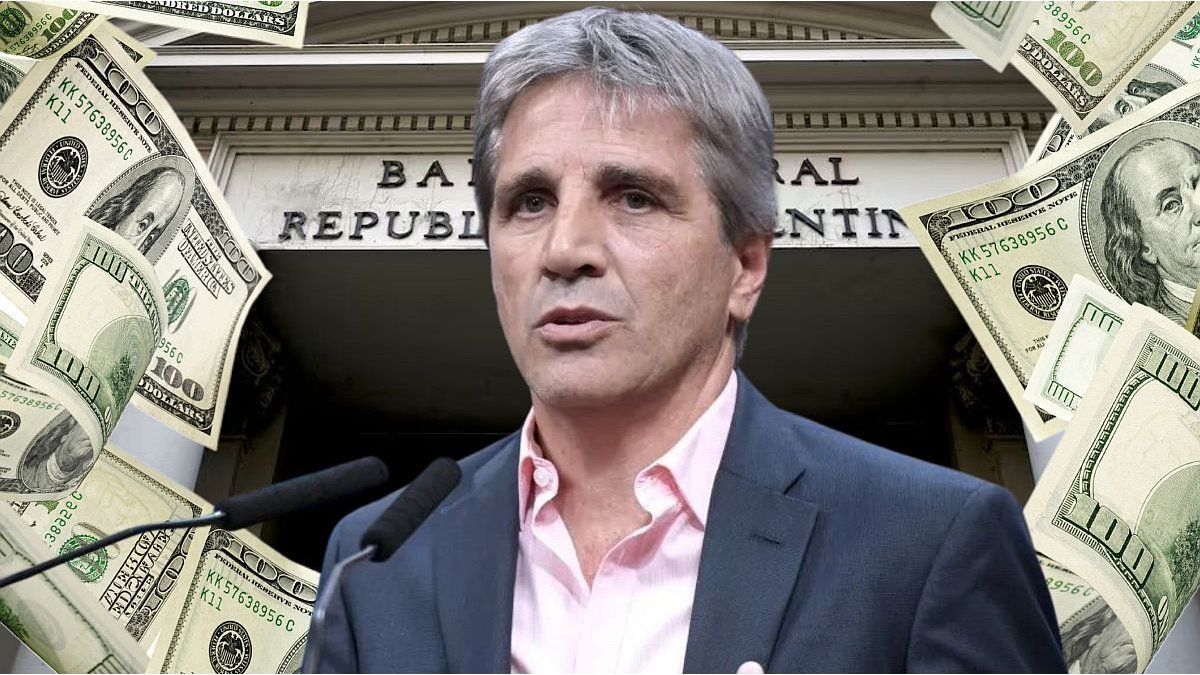Price advertising
Special offers in the supermarket: Will the percentages no longer apply?
Copy the current link
Aldi Süd loses in court in the dispute over misleading discounts. The ruling is likely to have consequences for customers and retailers. The advertising of special offers could change fundamentally.
Customers love them: discounts. Whether for fruit, coffee, confectionery or dairy products: they are particularly happy to take advantage of advertised price reductions of 20 percent or more. What price must the percentages in advertising refer to? The Düsseldorf Regional Court has now dealt with this question. The background was a lawsuit brought by the consumer advice center against Aldi Süd.
The result: In the future, the discounter will have to label special offers differently than before. The amount of discounts should refer to the lowest price of the past 30 days, not the last sales price. This is how it was practiced by many retailers until recently, including Aldi Süd. This is a violation of the price information regulation that came into force in 2022, said the presiding judge of the 8th Chamber for Commercial Matters, Wilko Seifert. “Price advertising is one of the easiest things to confuse consumers. That’s why it needs to be clear and unambiguous.”
The court followed a recently published ruling by the European Court of Justice (ECJ), Aldi Süd lost the legal dispute. “We accept the court’s opinion,” said a company spokeswoman. It is still unclear whether an appeal against the decision is planned. The judgment is not yet legally binding.
Criticism: Consumers are being misled
In the specific case, it was, among other things, price advertising for bananas, which were offered by Aldi Süd for 1.29 per kilo. A discount of 23 percent was stated. The trading company had mentioned the lowest price of the past 30 days – also 1.29 euros – in the small print of its advertising. However, the amount of the discount was based on the last sales price of 1.69 euros.
The Baden-Württemberg consumer advice center saw this as inadmissible price swinging. Consumers would be misled because the bananas already cost the same three weeks earlier. Another type of advertising from Aldi Süd was also criticized. The discounter had marked pineapples for 1.49 euros as a “price highlight”. The unit price was even 10 cents lower just a few weeks earlier.
The proceedings before the regional court were interrupted in May 2023. The judges referred the case to the ECJ to clarify the legal interpretation. This largely confirmed the arguments of the consumer advocates. According to the ruling (C-330/23), anyone who advertises with discounts must calculate them based on the lowest price within a period of at least 30 days. Naming this price is not enough. This would prevent retailers from misleading consumers by increasing the price before announcing a discount “and thereby announcing fake price reductions.”
What are the consequences of the verdict?
The verdict is likely to have consequences not only for Aldi Süd. The German Trade Association (HDE) expects negative consequences. “In the end, this is bad news for retailers and customers,” said HDE head of legal and consumer policy, Peter Schröder. The ability of retailers to advertise special offers in stores would be restricted. That’s why there will be fewer price promotions in the future. “As a result, the average price level will increase for all customers.”
The first effects could already be observed after the ECJ ruling at the end of September. As a result, many grocers changed their communication and refrained from comparing prices and percentages for special offers, said retail expert Carsten Kortum. Only the advertising price and not the original price were mentioned. “Customers naturally lose valuable information here and the savings cannot be measured,” says the professor at the Baden-Württemberg Cooperative State University in Heilbronn. However, he does not believe that there will be fewer price reductions. Retailers cannot do without promotions
Robert Briske, an intellectual property lawyer at Osborne Clarke, expects that advertising could become more transparent and honest. “Recently, many discounts have been advertised that actually didn’t exist.” Nevertheless, he also sees possible disadvantages for retail. “Discounts have a strong psychological effect. When they are at least 20 percent, people buy more.” The ruling may already have noticeable consequences on the days surrounding Black Friday, which falls on November 29th this year. Kortum and Briske assume that only some of the retailers feel bound to the decision. Others would probably take a chance.
Although the court’s ruling applies in principle to all commercial companies, it primarily affects Aldi Süd. If this happens again, the discounter could face a fine of up to 250,000 euros. “The others have one try, so to speak,” says Briske.
In a similar case, the Baden-Württemberg consumer advice center also issued a warning to the online retailer Amazon in mid-October. The reductions were therefore not based on the lowest price of the last 30 days, but rather on the manufacturer’s recommended retail price (RRP) or on an average sales price.
dpa
Source: Stern




